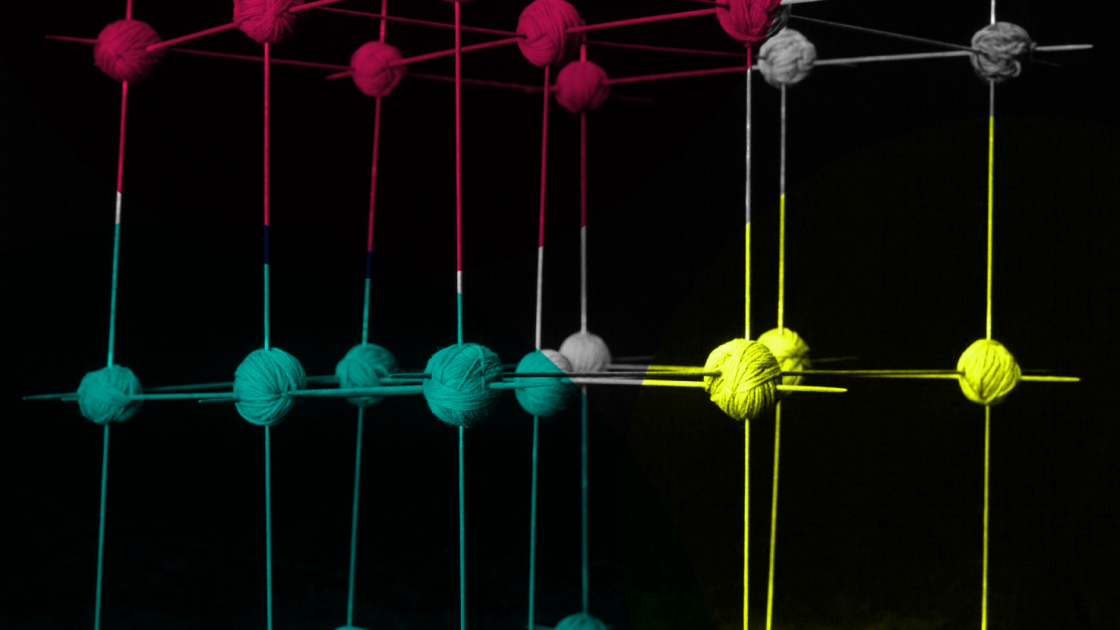Hello!
We are delighted to be sharing the fourth annual report of the Centre for Data, Culture & Society, which documents our activities supporting data-led and digital research over the last academic year. While last year's report looked back over our achievements since launch, this year our focus is on the future. 2022/23 has been a period of significant change for CDCS: we have found a new context for our work as part of the 'innovation platform' within the Edinburgh Futures Institute, and we also saw our founding Director Melissa Terras come to the end of her term of office. We have been using this period of transition to take stock of our work so far, gather thoughts and explore what our next phase of activities should look like. We are excited about the future and pleased to be able to begin sharing some of our plans in this report.
Alongside this reflective work, the CDCS team has been as busy as ever and this report lays out an impressive amount of activity. Our new Rapid Prototyping Sandpit was a highlight this year and saw us support fifteen data-led projects in their next technical steps. We continue to offer an expansive and varied training programme from which hundreds of researchers benefit and delivered our third CDCS Summer School in June. With two streams and students attending from across Scotland, this was significantly larger than last year. We've also enjoyed bringing our community together at events: our third annual lecture - given by author and activist Nanjala Nyabola - was another highlight, as was the award ceremony for our 2023 Digital Research Prizes. We continue to see data-led research growing and thriving around us and are proud of the role we are playing in stimulating and supporting our community.
Collaboration is at the heart of CDCS and this year has also seen us working with others across the University, the UK and beyond. We have strengthened relationships with research groups, organisations and networks and worked to deliver projects with a variety of partners. This all points forward to exciting future activities, as we grow our profile and begin to contribute on larger stages.
Dr Lisa Otty, Director
This report is available below in PDF format. While we have made every effort to make this document accessible, it performs best in a screen reader using manual controls.


